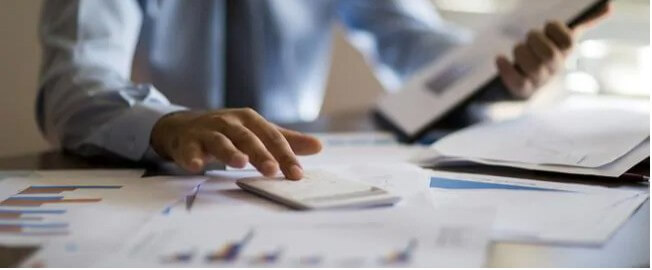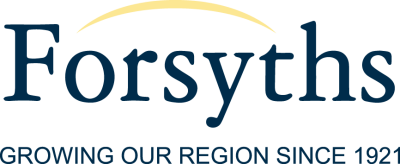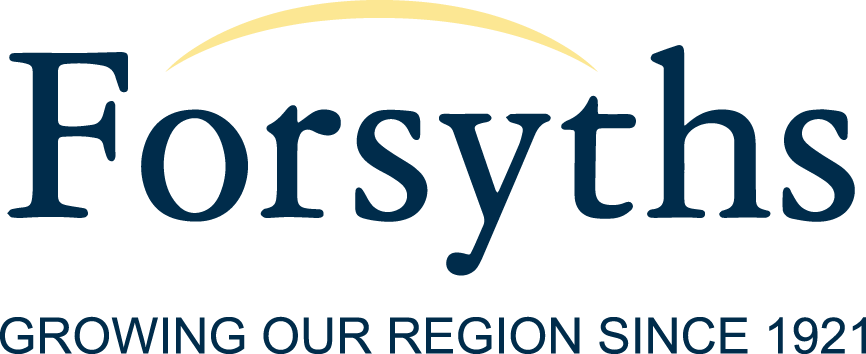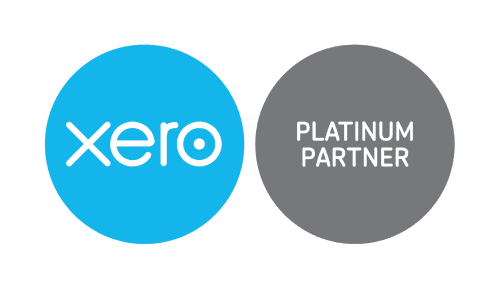
ATO reveals big changes to tax refunds
The end of financial year is just around the corner – and the Australian Taxation Office has just announced a stack of changes to tax time
2020.
According to the ATO, the COVID-19 pandemic has changed many taxpayers’ circumstances in one way or another, which will be reflected in our tax returns this year.
That’s why the tax office has pulled together new resources to help Australia navigate their tax affairs during this tough time.
The ATO has explained the most common ways COVID-19 will impact tax affairs.
WORK-RELATED EXPENSES
This year, the ATO is expecting a huge spike in people claiming deductions for working from home or for protective items required for their job.
Working from home
A temporary, shortcut method which applies to working from home expenses between March 1 and June 30, 2020 was previously announced in a bid to make it easier for the millions of Aussies who suddenly found themselves barred from the office at the peak of the outbreak.
The special new arrangement will allow people to claim a rate of 80 cents per hour for all their running expenses, instead of calculating costs for specific running expenses as taxpayers would under normal circumstances.
It covers all deductible expenses and can be used by multiple people working from home in the same house.
People claiming their working-from-home expenses using the shortcut method should include the amount at the “other work-related expenses” question in your tax return and include “COVID-hourly rate” as the description.
Taxpayers can still choose to use one of the other existing methods to calculate their expenses for working from home if they prefer.
Protective clothing
Another deduction which is set to be more common due to the coronavirus is protective items such as gloves, face masks or sanitiser needed for work that requires physical proximity with others, including customers and client.
These items can only be claimed by taxpayers if they paid for them and were not reimbursed.
Industries more likely to claim these expenses include retail, healthcare and hospitality.
WHAT YOU CAN’T CLAIM
Most of the time, employees couldn’t claim the cost of travelling to and from work – and working from home due to the health crisis wouldn’t affect that rule.
For example, if you are working from home because of COVID-19 but need to go to your regular office one day per week, your home to work travel is still private travel and cannot be claimed.
The ATO also expected claims for laundry expenses and travel to fall this year because of the increase in people working from home or losing their jobs altogether.
Reduce claims that aren’t relevant for part of the year
If you aren’t travelling for work, you can’t claim travel expenses. If you aren’t wearing your work uniform, you can’t claim laundry expenses.
It’s still important to meet the three golden rules:
- You must have spent the money and not have been reimbursed
- It must relate directly to earning your income
- You must have a record to prove it.
What you can claim really depends on your circumstances.
INCOME CHANGES
With so many Aussies stood down, losing their jobs or experiencing a reduction in hours and pay due to the virus, millions are now receiving the government’s JobSeeker and JobKeeper payments.
JobKeeper and JobSeeker
The good news is that those who have received JobKeeper payments from their employer don’t need to do anything different.
The payments will be included as salary and wages or allowances in their regular income statement, which their employer provides directly to the ATO.
Sole traders who have received the JobKeeper payment on behalf of their business will need to include the payments as assessable income for the business.
If you have received JobSeeker, the ATO will also load this information into your tax return to the Government Payments and Allowances question once it’s ready.
Other income types
Taxpayers also need to include income such as income protection, sickness or accident insurance payments, redundancy payments and accrued leave payments in their tax return.
Early access to superannuation
There’s also some good news for those who took advantage of the government scheme allowing early access to superannuation, If you received early access to your super this year due to covid 19 any amounts you've withdrawn from your super is tax free and do not need to declare them in your tax return.



